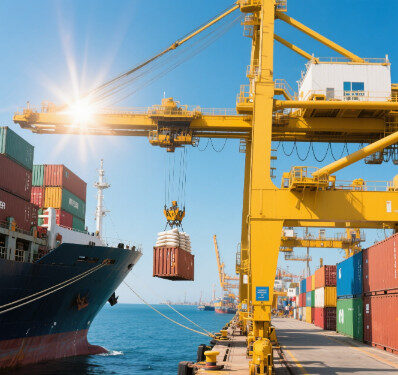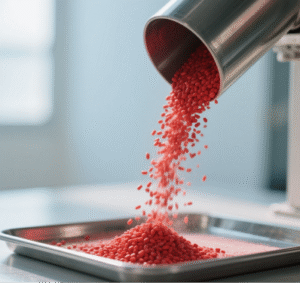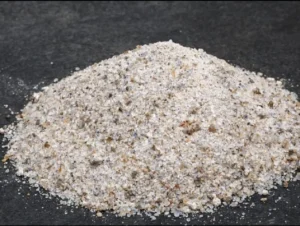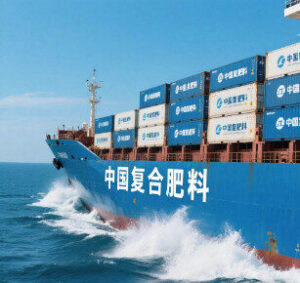Recent data shows that Brazil and India have significantly increased their fertilizer imports in recent months. Despite the risk of secondary sanctions from Western countries, Russia remains a major supplier for both nations.
According to data from Brazil’s Ministry of Development, Industry, and Foreign Trade (MDIC), cited by agricultural trade company DATAGRO, Brazil’s fertilizer imports reached 4.79 million tons in July 2025, a month-on-month increase of 15.6% and a year-on-year rise of 7.1%, marking the highest monthly import volume this year and a record high for the month. From January to July, cumulative fertilizer imports totaled 24.2 million tons, up 8.8% year-on-year, surpassing the previous record of 23.67 million tons set in 2022.
Russia remained Brazil’s largest supplier, providing 6.88 million tons, accounting for 28.2% of total imports—an 18% year-on-year increase. China’s share grew substantially, with 5.14 million tons representing 21.2% of imports, a 75.7% year-on-year surge. Canada ranked third with 3.1 million tons, though this reflected a 2.2% decrease. In the first seven months of 2025, Brazil’s fertilizer import value reached $8.8 billion, a 16% year-on-year increase, with fertilizers’ share of total imports rising from 4.9% to 5.2%.
The surge in Brazil’s fertilizer imports is largely driven by heightened geopolitical uncertainty and escalating U.S. tariff policies. Following the Iran-Israel conflict in June, the fertilizer market faces renewed pressure from U.S. trade measures. Tariffs imposed by the U.S. on countries trading with Russia have intensified concerns over supply security and pushed fertilizer prices higher. To ensure sufficient inputs for crop production, Brazilian importers have accelerated their purchasing.
Notably, Brazil’s fertilizer imports in the first four months of 2025 already hit a five-year high. Typically, imports are lowest early in the year but see strong growth starting in May, peaking in the second half. DATAGRO notes that robust demand in the latter half of the year will support high price levels. The market expects Brazil’s total fertilizer imports to grow by 8.8% in 2025. “Even with high costs, fertilizer purchases are likely to continue, as yield losses from under-fertilization would outweigh the impact of increased spending,” DATAGRO emphasized.
Meanwhile, India also reported a substantial increase in fertilizer imports. Due to tight supplies during the kharif (monsoon) sowing season, India’s fertilizer imports from April to July 2025 grew by over 5% year-on-year to 4.85 million tons. imports of diammonium phosphate (DAP), urea, and complex fertilizers increased by 35%, 22%, and 22%, reaching 1.98 million, 1.24 million, and 1.26 million tons, respectively. In contrast, potash imports fell by 67% to 350,000 tons. Given insufficient domestic production, government tenders and subsidies are expected to drive further import growth in the coming months.
Rising global fertilizer prices have also impacted India’s subsidy allocations. The fertilizer subsidy for the 2024/25 fiscal year was revised upward from 1.68 trillion to 1.91 trillion rupees. For the 2025/26 fiscal year, 1.67 trillion rupees have been allocated, though this may be adjusted due to increasing global prices of DAP, urea, and potash.
It is noteworthy that Russia continues to play a central role in supplying both Brazil and India. Despite the EU’s ban on Russian fertilizer imports, Russia has pivoted its focus to BRICS markets. Over the past three years, Russia’s fertilizer exports to BRICS countries have surged by more than 60%.
“We are not afraid of any tariffs or taxes. The market is large, and we are shifting to BRICS markets,” said Andrey Guryev, President of the Russian Association of Fertilizer Producers (RAFP), at the BRICS Business Forum in July. He highlighted that Russia’s exports to India have grown fourfold in recent years. Earlier, India called for increased mineral fertilizer supplies from Russia and warned the West against imposing secondary sanctions over Russia-India trade, emphasizing the need for fair treatment in balancing economic interests and diplomatic relations.







